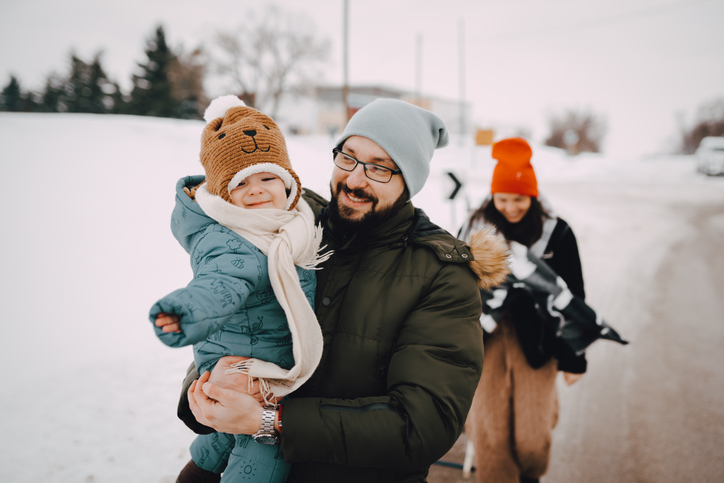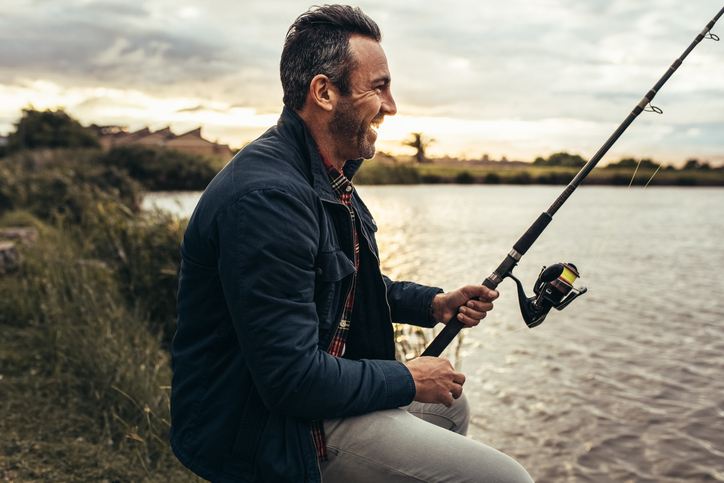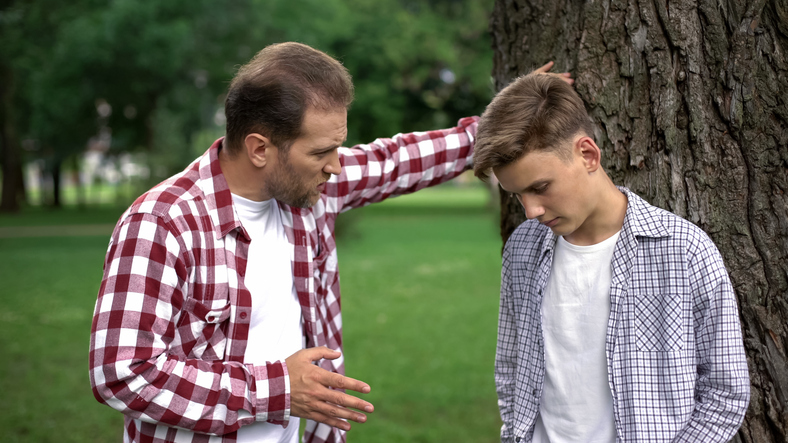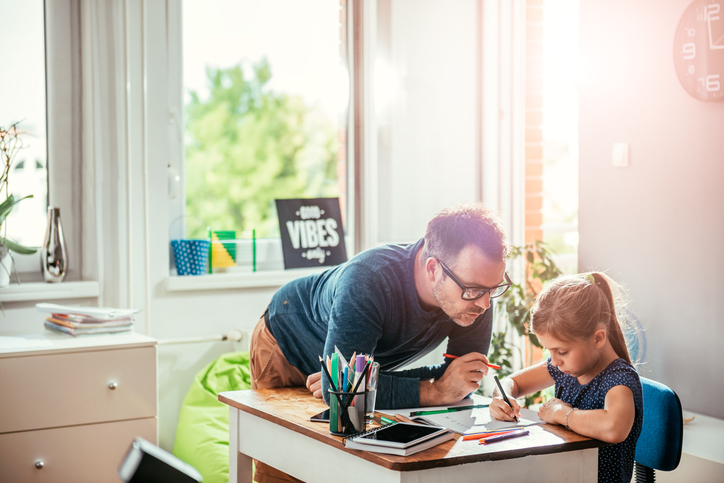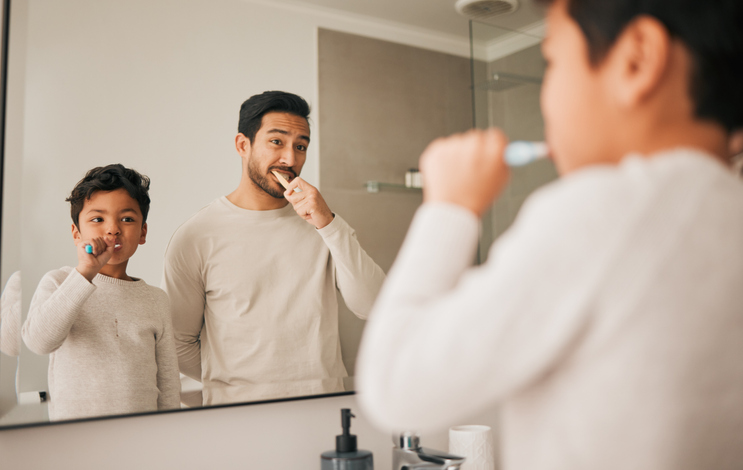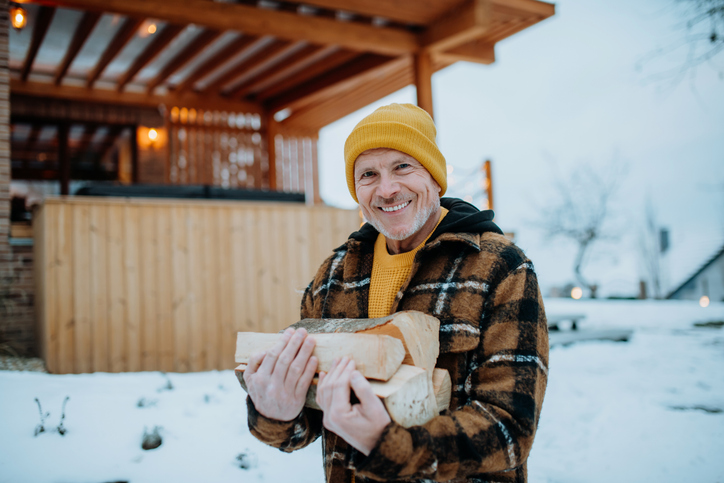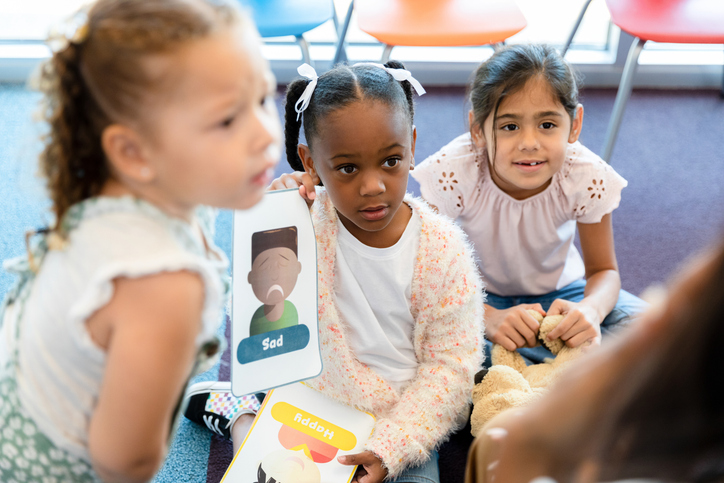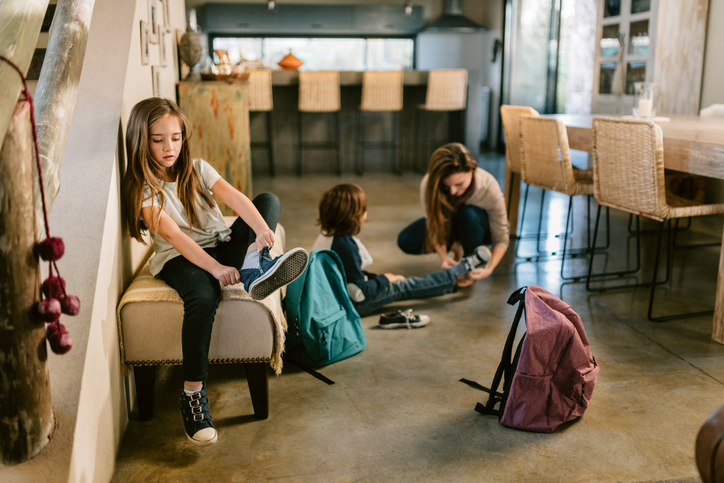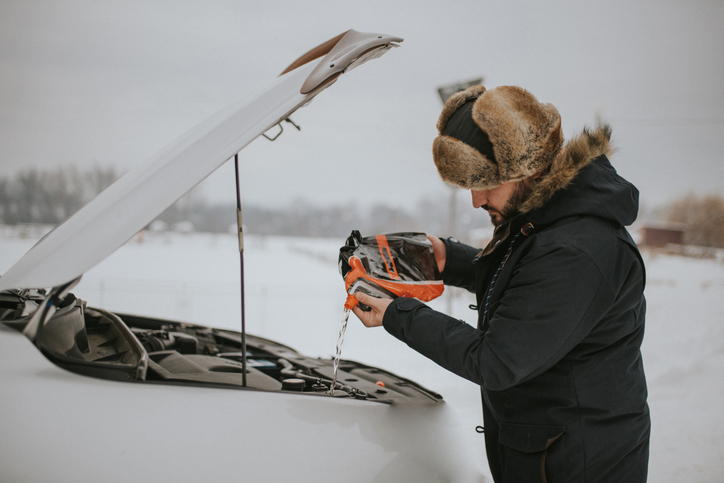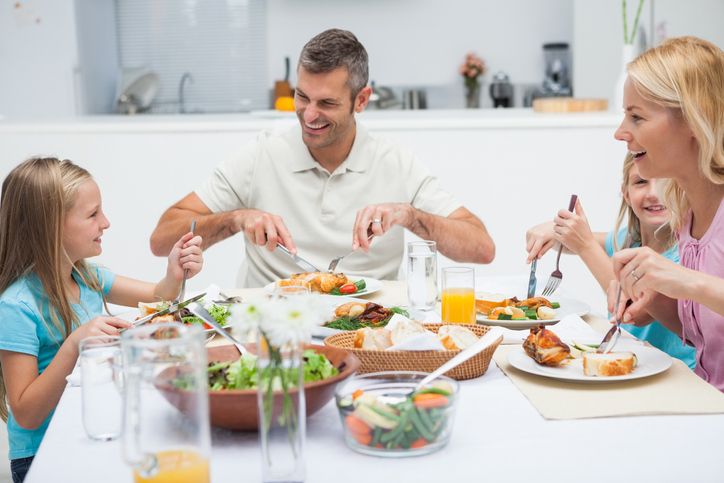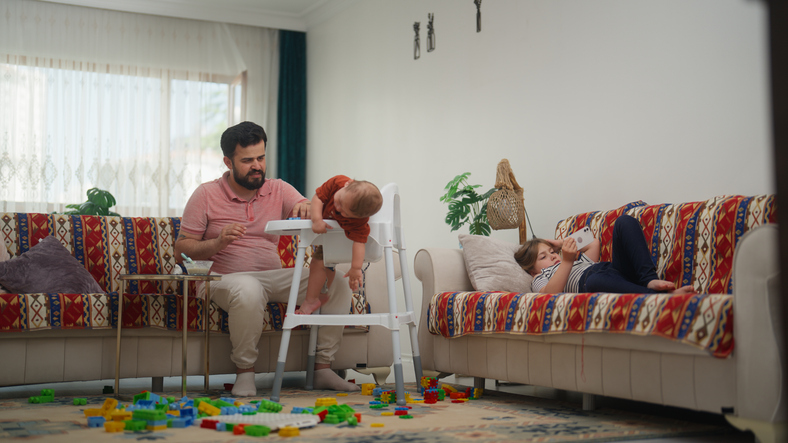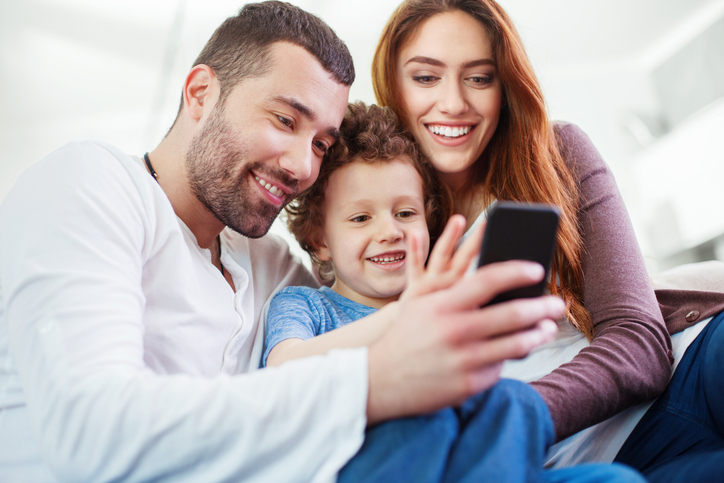Being a role model for kids is one of the most important responsibilities we can have, whether we’re parents, relatives, teachers, or just someone they look up to. I’ve learned this firsthand through my experiences with the children in my life. Kids are like sponges; they watch everything we do, hear everything we say (even when we think they aren’t listening), and mimic our actions in ways that can be both humbling and eye-opening. It’s taught me the immense power of leading by example, and I want to share why I believe being a positive role model is so crucial.
First, let’s talk about how kids learn. They don’t just absorb what we explicitly teach them—they absorb who we are. I’ll never forget a moment when I caught my little niece copying my tone of voice as I talked to someone on the phone. At first, I laughed, but then I started to think: if she’s mimicking this, what else is she picking up from me? It made me pause and evaluate my actions. Am I showing her kindness, patience, and respect in my daily interactions? Am I demonstrating the values I hope she grows to have herself? Kids don’t just need instruction; they need to see those lessons lived out.
One of the most impactful lessons I’ve learned is that actions speak louder than words. You can tell a child to be honest all day long, but if you’re dishonest in your own life—whether it’s as small as making up an excuse to get out of plans—they notice. I remember one time when I broke a promise to my younger cousin about playing a game together and gave a weak excuse instead. Later, I heard her tell a similar excuse to someone else, and it hit me: I was teaching her, unintentionally, that it’s okay to break commitments. That was a wake-up call for me to practice the integrity I wanted to instill in her.
Another critical aspect of being a role model is showing resilience. Life isn’t always easy, and kids need to see how we handle challenges and setbacks. I try to be open about my struggles while demonstrating constructive ways to deal with them. When I’m having a stressful day, I make a point to explain to the kids around me what I’m feeling and how I’m addressing it, whether it’s taking a deep breath, asking for help, or just stepping away for a moment. This not only shows them that it’s okay to have tough days but also teaches them healthy ways to cope.
One thing I’ve also learned is that role modeling isn’t about perfection. It’s about authenticity. Kids don’t need us to have all the answers or to never make mistakes—they need to see how we handle our imperfections. Apologizing to a child when you’ve made a mistake might feel uncomfortable, but it’s one of the most powerful lessons you can teach. I’ve had moments where I’ve said or done something I regret, and taking the time to apologize has built stronger trust and respect between us.
Finally, being a role model is about empowering the next generation to be better, kinder, and more capable individuals. It’s a long-term investment. Maybe the biggest lesson I’ve learned is that being a role model isn’t just for their benefit—it’s changed me, too. The desire to be someone they can look up to has made me more self-aware and intentional in my actions.
At the end of the day, being a role model is about showing kids what’s possible, leading with love, and living the values you want them to carry into the world. It’s a privilege and a responsibility, and it’s one of the most rewarding roles we can have.

